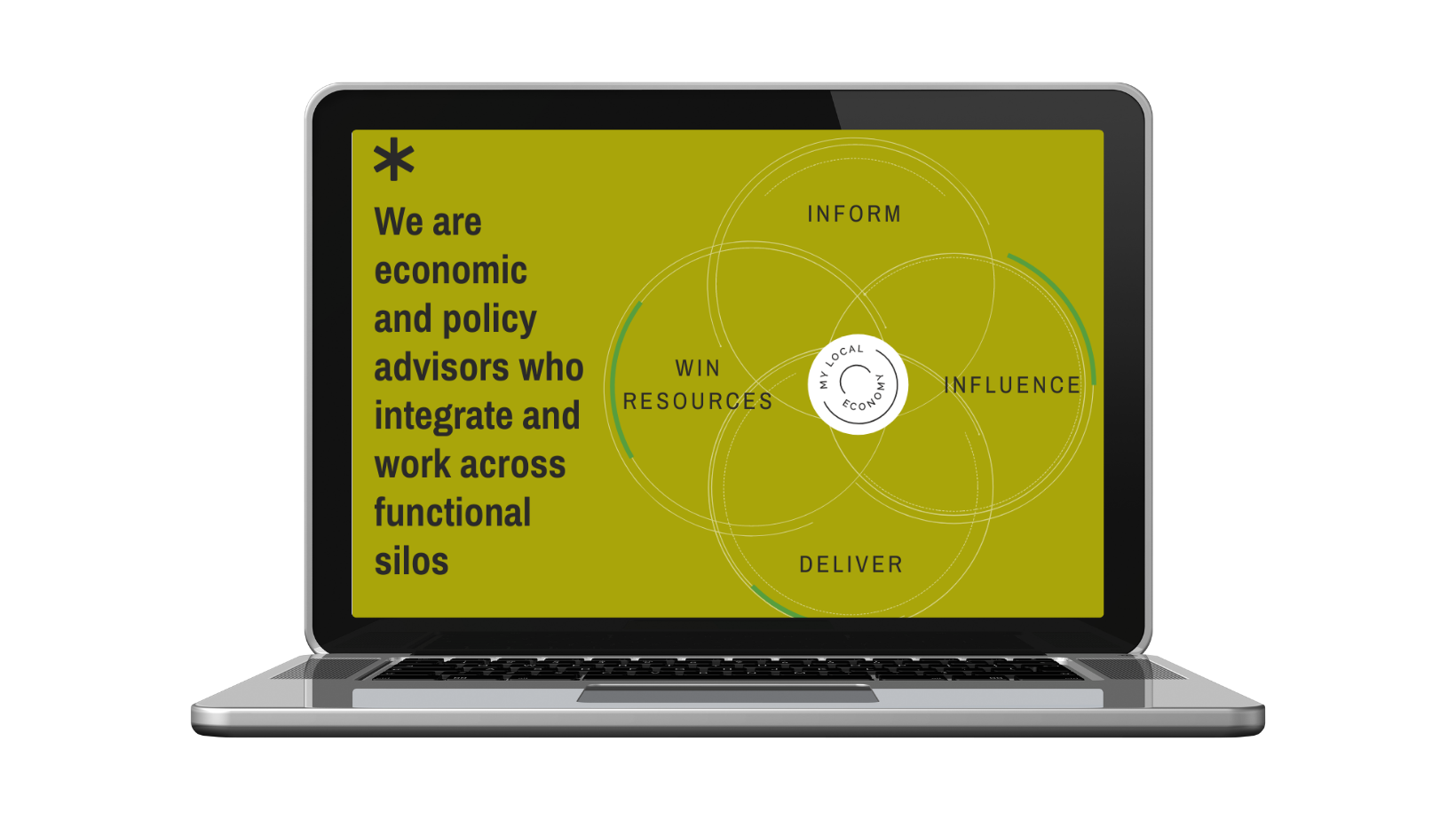Is it true to say that today’s local economic development efforts are too much concerned with papers about structures and accountability; and not enough about resources and delivery?
As well as each of the 39 LEPs working for a year on their Strategic Economic Plans (yep, big documents, lots of paper), and been put through the wringer by civil servants and ministerial scrutiny meetings (more detail, more paper), and now the demand for individual projects to be submitted for the single local growth fund (even more detail, even more paper), there’s been a lot of recent reports about LEPs and local regeneration. The Smith Institute, IPPR North, the Public Accounts Committee, to name but a few. Speeches by the various political parties. Lots about structures, strategies, accountability, representativeness and that (IMO) dreaded word… governance.
Aside from the fact that the Single Local Growth Fund should probably be renamed the Single Project Local Growth Fund(!), the great paper chase is nothing new in local economic development. As long as we have had local economic initiatives, someone, somewhere, has had to deal with a mountain of paperwork.
And thus it ever was – for the economic development professional it is business as usual
In my days as an economic development professional working with regional development agencies – it was an art to balance the paper chase versus delivering results on the ground. Complying with the demands of government, usually involved submitting lots of bits of paper usually bore only partial relevance to actually delivering economic development, jobs and growth. We’d regularly be handed down missives from Whitehall and think – wow, that means we have to stop doing half of our activities because they don’t fit in with this very narrow criteria (e.g. Business Support Simplification) – which tended to strangle any local variation or innovation at birth.
Business cases, the economic case, state aid compliance, audit compliance, anti fraud compliance, heads to terms, application forms, due diligence, monitoring, evaluation – all business as usual for local economic development activities that spend public money. I guess the difference nowadays is that there was a layer of bureaucracy in the form of RDAs which put the systems in place and took care of a lot of the process (although it was still not insubstantial). Since the RDAs are gone, and have not been replaced, and there is no ‘buffer’ of civil servants with some on-the-ground knowledge and accessibility, we now have to deal with national civil servants – who will assess funding applications at face value and will not have much local knowledge, and will not understand how important a local initiative is.
Some folks may say that this is overkill for such small amounts of money (and some businesses would agree, if we look at Regional Growth Fund take-up) – but its just par for the course if you want money from central government. Of course there are better ways of doing these things – a few recommendations below:
A few ways to ease the pain of the great paper chase
- You need to sift your projects/programmes to match them with the most appropriate funding sources – this saves a lot of time applying for the wrong grant – i.e. where a large share of your desired activities or outcomes are rendered ineligible for funding from this particular source.
- Invest in developing your project pipeline. Good projects sell themselves – but they don’t just appear out of thin air. They start as ideas or concepts, you need a lot of people to input and finesse, and someone to then advice on what might be suitable for public funding. Some projects can take in excess of a year to develop. Just think about the thoroughness of information and due diligence demanded for things like RGF projects, and the increasing demands from civil servants with regard to SLGF projects, and there you go. As we’ve seen, government is reluctant to fund strategies or general programmes without seeing the specifics. If you don’t have some very good projects then you will struggle to access funding.
- Have a reasonably up-to-date evidence base. One of the first things a civil servant will ask is ‘ is there evidence of need or opportunity?’
- Have a decent economic appraisal model or methodology – i.e. £X million in business support will yield Y start ups, Z jobs, and £W in GVA. What is additional about the project? Helps answer the question “what difference will it make to the economy or UK plc?” / “won’t it just take business and jobs from elsewhere in the UK, and result in a zero-sum game?”. As a consultant, I have all these benchmarks and appraisal models at hand. Most do. You could run these internally.
- You don’t necessarily need to go for the big win – pilot projects can act as proof of concept – accepting that there’s not much cash around, pilots can get the ball rolling, start to prove demand and proof of concept – helping you to win hearts and minds and scale-up later on.
- Keep some close contacts who know ‘how do do this stuff’ – whether consultants or local authority colleagues – people who know their way around state aid, European funds, economic appraisal, the Green Book, and general compliance with state funding.
- If you can afford it – have a project development team. There are a great many good ideas out there, but they do not, on their own, make a fundable project. They need help – advice on what may be funded, what may not. Advice on legal aspects, state aid and ownership – in a way that is easy to understand. And this team can be extended to help monitor and manage projects.
Will the bureaucracy ever disappear?
It is unlikely it will disappear, although it may be shifted to another organisation or localised. If I were in Whitehall, a sensible move might be to outline some defined audit processes and requirements for SLGF – which can strip away some of the initial bureaucracy, with the threat that if your project is not compliant or not managed properly, there will be clawback of failure to pay the final grant instalment in arrears to your accountable body. This would require LEPs and their accountable bodies to be well organised in terms of financial and project management and monitoring – but its something which has been done before by local partnerships and local authorities, so I can’t see why it couldn’t be done again.
If you were a business, you wouldn’t hand over £1million pounds without doing the appropriate due diligence, would you?
I do hear from time-to-time the old adage “in the world of business, we need quick decisions” – that is true! we do need to speed up our funding cycle. Many businesses need decisions within weeks, not months. However, the thought that businesses will hand out cash and invest without thoroughly understanding the business rationale, the risk, and pay-off a the end – is just plain wrong. All businesses do their due diligence, have contracts and agreements, and cover their backsides in terms of legalities and risk mitigation.
The public sector probably needs to take more risks in local economic development than the average private sector business does in its affairs
The public sector is no different to business in terms of the need to conduct due diligence and have appropriate legal tools, although the idea that every single project or investment in economic development will succeed is also wrong. Local economic development involves funding new and untested approaches, as well as rolling out some that are known to work.




